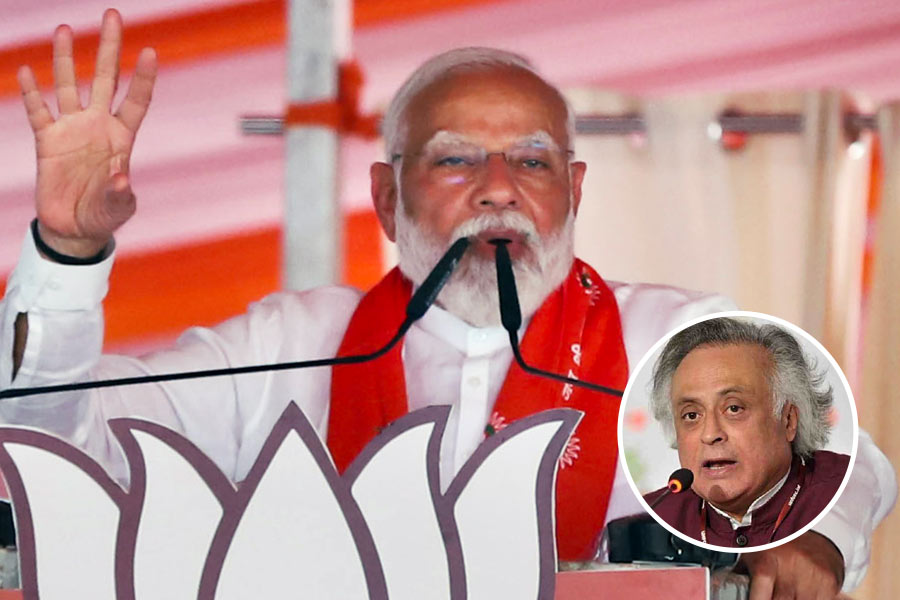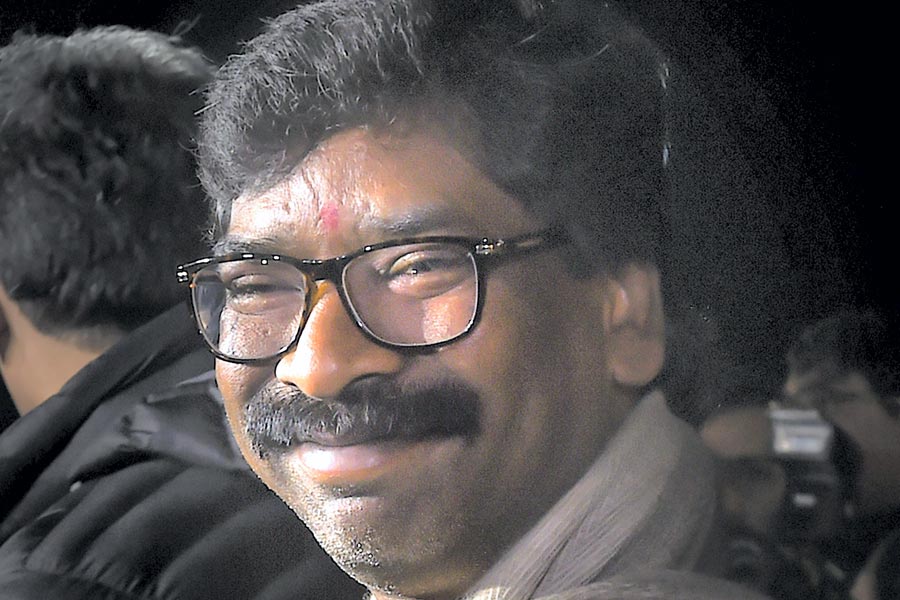Institutions like the Asiatic Society of India, set up by the British in the eighteenth century, played an important role in generating knowledge about India. Unlike the traditional knowledge available in gurukuls, on palm-leaf manuscripts and other pre-printing forms, this new knowledge was modern and used modern technology. Several new educational institutions were established around this time, imparting modern knowledge with an aim to revive interest in India. More importantly, new institutions with new norms were defining how — from what perspective — India would be represented through the selected content. This new branch of knowledge, labelled Orientalism, later came under the careful scrutiny of postcolonial scholars like Edward Said who detected an underlying political agenda.
There was undoubtedly a hidden political agenda — termed Eurocentrism — in Orientalism. A large body of knowledge on India was produced by Western scholars and was used to further the political interest of the British raj. For instance, these scholars constructed the East or the Orient as spiritual, and the West or the Occident as materialist. This was then used to justify British rule in India. Oriental India being portrayed as other-worldly and the occidental British as this-worldly allowed the latter to claim that they were justified in ruling this-world-of-India as they were the experts. This is just one instance of how the new knowledge was used to oppress Indians. Postcolonial scholars were, therefore, correct in rejecting Orientalism.
I would, however, like to re-examine their premise and conclusion. The premise being: Orientalism is Eurocentric, with a strong political intent; and the conclusion: Orientalism is to be rejected because of its politics. Now while I accept the premise, I do not find it necessary to accept the conclusion. I am in total agreement with these critics of Orientalism. Despite this, I still don’t find it necessary to reject the formula on which Orientalism is founded. Let me explain further.
The Self — in this case, the Occident — constructs its Other, the Orient, to further its political motive of justifying its rule over the latter. In formal terminology, A constructs B for C, where A stands for Occident, B for Orient and C for justifying political rule. I have identified an opening in this formula that makes it vulnerable. I’d like to utilize this vulnerability and insert another premise into the formula, which will, in turn, combat the original premise Orientalism is based on. If A can study B for C, without rejecting this formula, I’d like to insert another premise into it: B studies A for C, that is, India studies Europe to serve its own politics. If one is logical, this additional premise inserted into the formula is completely consistent with the premise that supports Orientalism. If the British could do their patriotic duty by producing knowledge about the Orient to help justify British colonial rule, what stops Indians from producing knowledge about the British for the sake of India? Instead of rejecting it, I would like to emulate the formula used for Orientalism, utilizing its inherent vulnerability. Rather than spending time in establishing an alternative formula, and then seeking justification and acceptance for it, I would like to use the existing one with the simple modification of inserting a combative premise. This is unlike the postcolonial scholars who rejected the formula.
This strategy has kept me from getting mired in only critiquing the adversary, running the risk of being co-opted. It has also saved me from being perpetually defensive. Both these situations led postcolonialism to either be passive or accept distorted assumptions of the modern West, such as taking it to be monolithic when it disinherited its pre-modern. Instead, stationed within the formula of my adversary, enjoying the comfort of space, justification, visibility and acceptability, I begin my combat activities, doing to them exactly what they did to us. This route has eluded the postcolonialists who seem to be doomed to remain defensive.
This combative strategy is absent in academic works, which are primarily focused on Oriental scholarship and its critique. Pursuing such a strategy makes it possible to take on the Western knowledge systems. I find this way of positioning — where one is firmly located within modern India with access to classical as well as modern Indian resources and combating Western philosophy — to be very productive and rewarding. Although this possibility seems to have escaped the attention of mainstream academic scholarship, I have found this attitude in modern Indian writers like Bal Gangadhar Tilak, Swami Vivekananda, Sri Aurobindo, Gurudev Rabindranath Tagore, Mahatma Gandhi, Babasaheb Ambedkar and in the writings from Bhasha literature that form the base of language federalism in India. The writings of S. Radhakrishnan, Krishna Chandra Bhattacharyya, Ananda K. Coomaraswamy, J.L. Mehta, Alam Khundmiri, Ashis Nandy and Ramchandra Gandhi also propound insightful theories.
Let me take two ideas; one from Vivekananda and another from Bhattacharyya. The former suggested that Indians should select only those ideas from the West that they find to be rational and good. In his famous talk, “Swaraj in Ideas”, Bhattacharyya asked despite spending a lot of time, talent, energy and resources in studying Western theories, have Indians made any original contribution at all to knowledge about the West? This can be an opportunity for academics to not only combat Orientalism but also contribute positively by providing novel criticism of the West and identifying issues that may have eluded Western scholars. This will also enable Western scholars to recognize some of the unique elements of modern India, such as non-literates from the pre-modern sustaining modern democracies, when liberalism has clearly set modern autonomous individuals as the premise on which nationalism and democracies are founded. Without this change in gaze and position, humanities and social sciences in India will — to cite Hannah Arendt in a different context — follow banality, or remain much like a car in neutral gear, neither moving forward nor presenting a better description of modern India which is a wonder.










